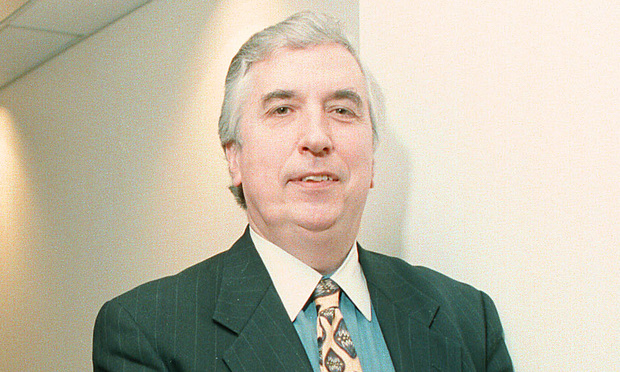Wells Fargo & Co’s decision to clawback a record $60 million from two senior executives ($41 million from CEO John Stumpf and $19 million from Executive Vice President Carrie Tolstedt, both now retired) has not received the attention it deserves. Strikingly, these clawbacks were not the product of federal legislation, but of investor activism. Neither the Dodd-Frank Act nor Sarbanes-Oxley would have mandated a clawback because their provisions apply only if Wells Fargo had announced an accounting restatement (which it has not done and probably will not do).1 Instead, Wells Fargo’s far broader clawback policy was the result of pressure from New York City’s pension funds in 2013, which had threatened to file a shareholder proxy resolution unless Wells Fargo adopted a policy broadly authorizing clawbacks beyond the context of restatements. Possibly, this could become the next focal point for investor activism.
The case for broad clawbacks comes into clearer focus when one looks closely at a series of recent corporate scandals, which each raise the same jaw-dropping question: What were those guys thinking? Did Volkswagen really believe that its “defeat device” would go undetected indefinitely? Did Wells Fargo think that it could fire 5,300 employees for the same fraudulent practice without someone noticing? Did major pharmaceutical companies—most notably, Valeant Pharmaceuticals International and Mylan, N.V.—really expect they could buy an established drug and spike its price 600 percent or 700 percent without protests occurring and Congress investigating?



